Winds, Legends and the Adriatic Sea
At the Adriatic Sea, the winds are often an unseparable part of its charm, heritage, history, legends, way of living and state of mind.
From ones insight, one learns the culture of usage of time by knowing the movement of wind, sun and scents in the air. When it is the best hour to sail, fish, wash or dry clothes.
Or just doing absolutely nothing and having bad weather for an excuse for an adorably lazy day.
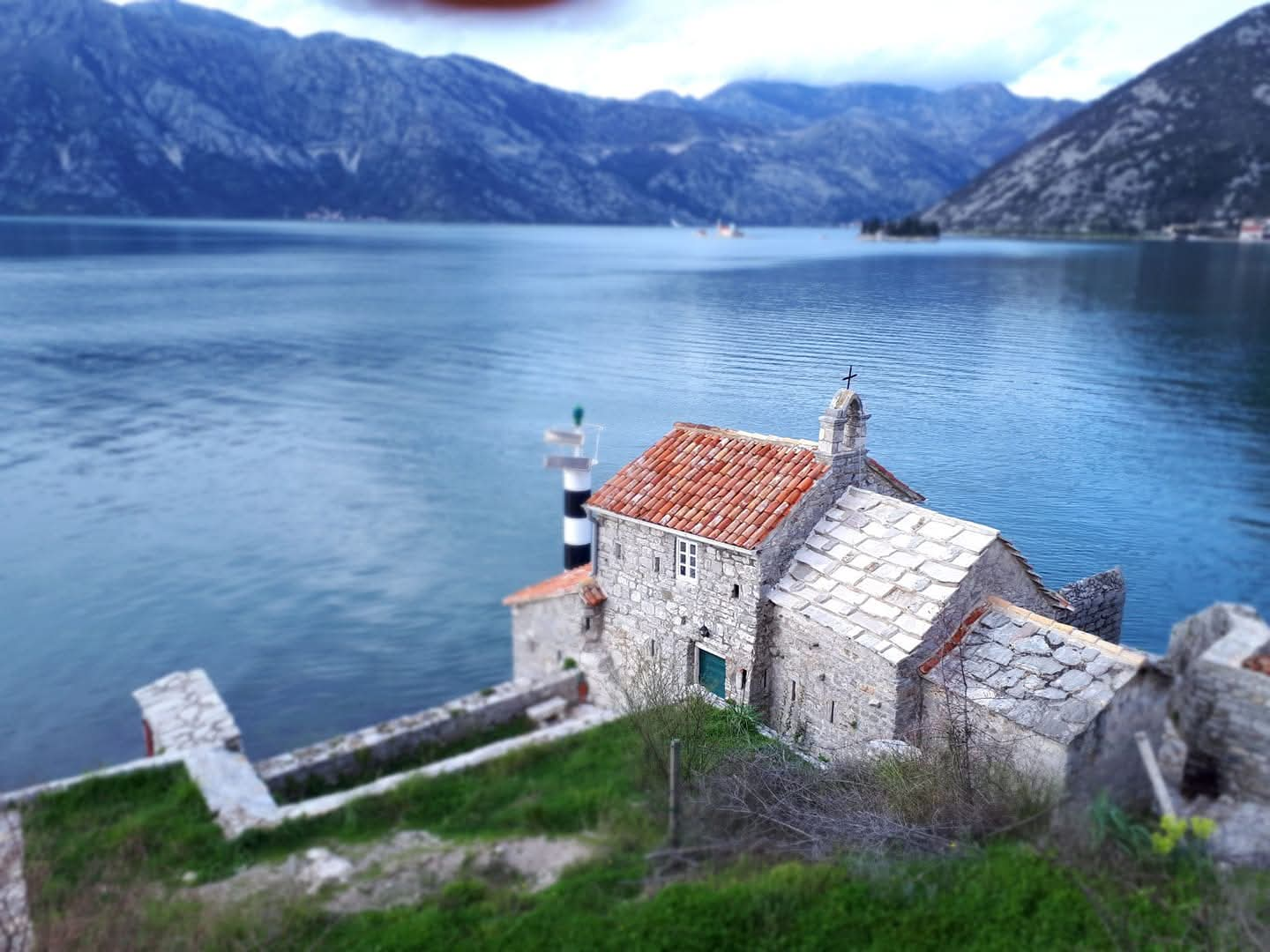
But let’s have a more deeper observation of the actual three special symbols of Adriatic way of life, that influence the culture and daily life.
They are winds Bura and Jugo. And a very special state of mind, called Fjaka.
The Bura Wind: The Fierce force of North Wind. The Bura (also known as Bora) is a cold, dry wind that blows from the north, bringing bone-chilling breezes even when the sun is shining.
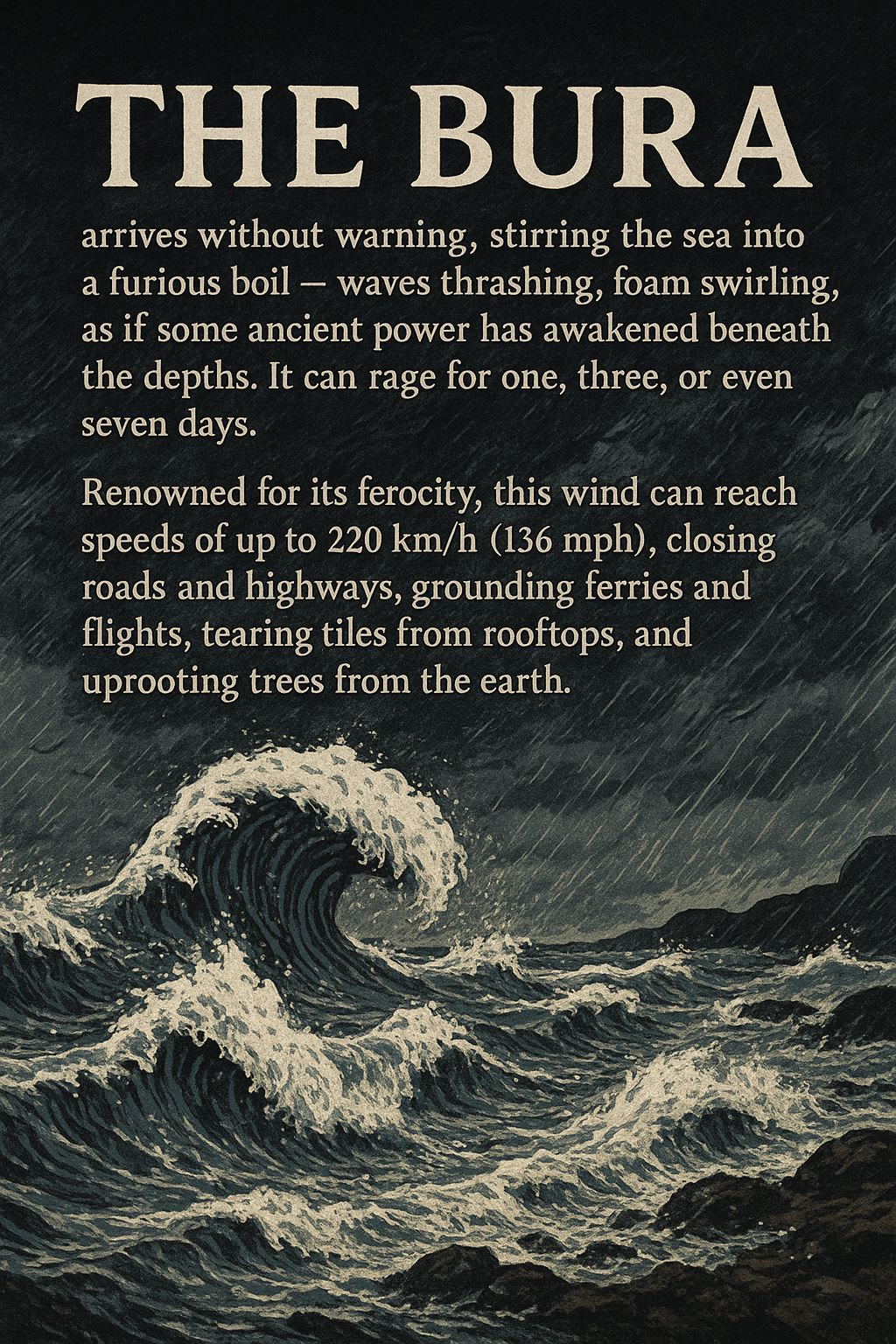
Along the Adriatic, the elders speak of this wind with deep reverence. They say that when the Bura rises out of nowhere, you are reminded that the sea is more than just water.
It is as a guardian, a judge, and a soldier.
Which reminds me on one legend, I’ve heard many years ago, happening in Montenegro.
Long time ago a pirate ship sailed towards a small place in Boka Kotor bay in order to plunder its homes and the local church. The ship was heavily armed and poor villagers could just wait, watch and pray.
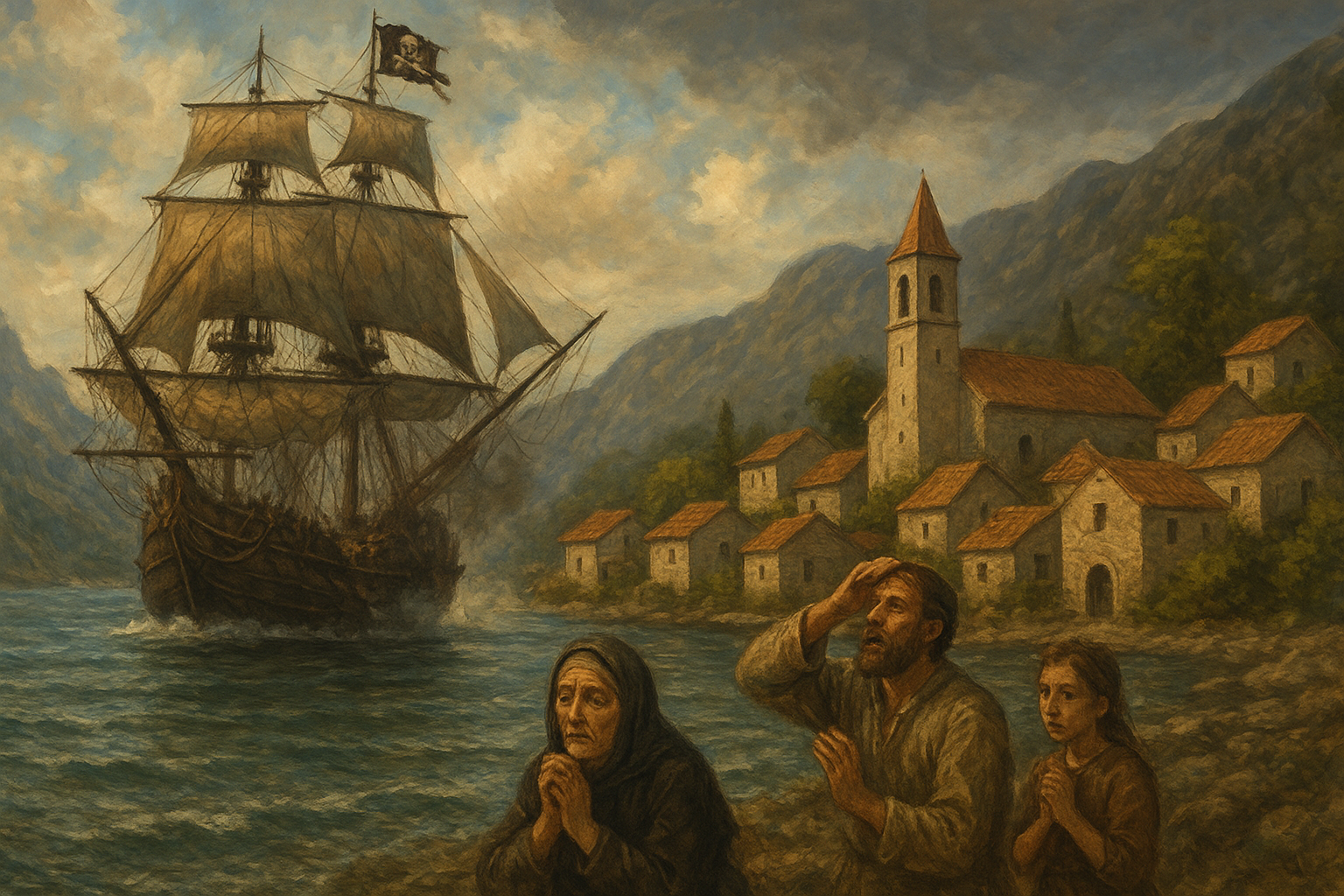
Just as it seemed that the enemy would surely break into their place, strong Northern wind Bura started to blow and the sea suddenly rose, breaking ship into two and making it vanish beneath the sea surface.
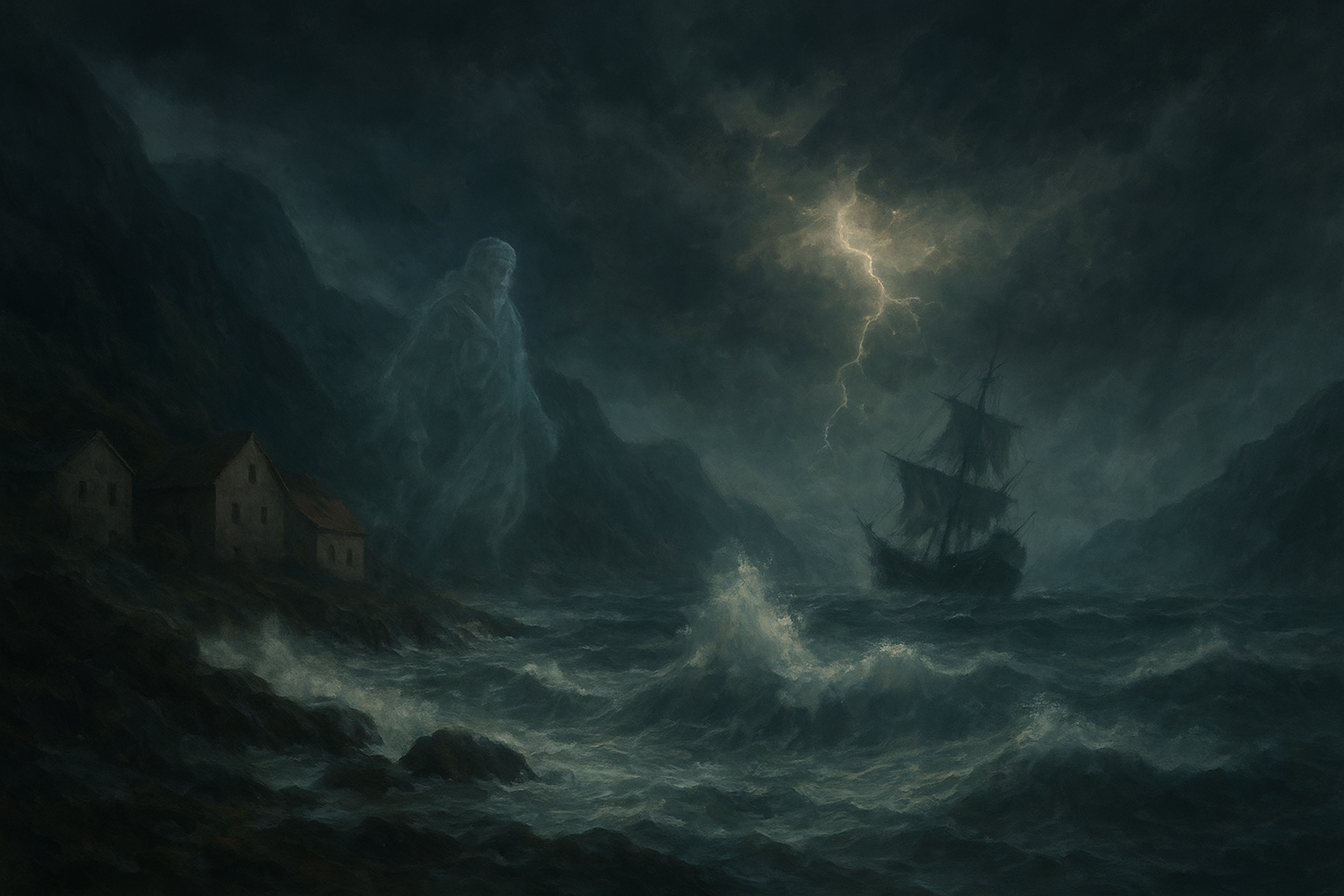
Until today, people of Boka Bay believe that Bura was raised by the old spirits of Boka Bay sailors watching over them! But then , when that same bura calms down, it brings clean air and a sense of mental clarity and peace.
It’s no wonder that people often feel purified and ‘lighter’ after its stormy departure.
‘Lakše se diše’- meaning. Breathing is easier!
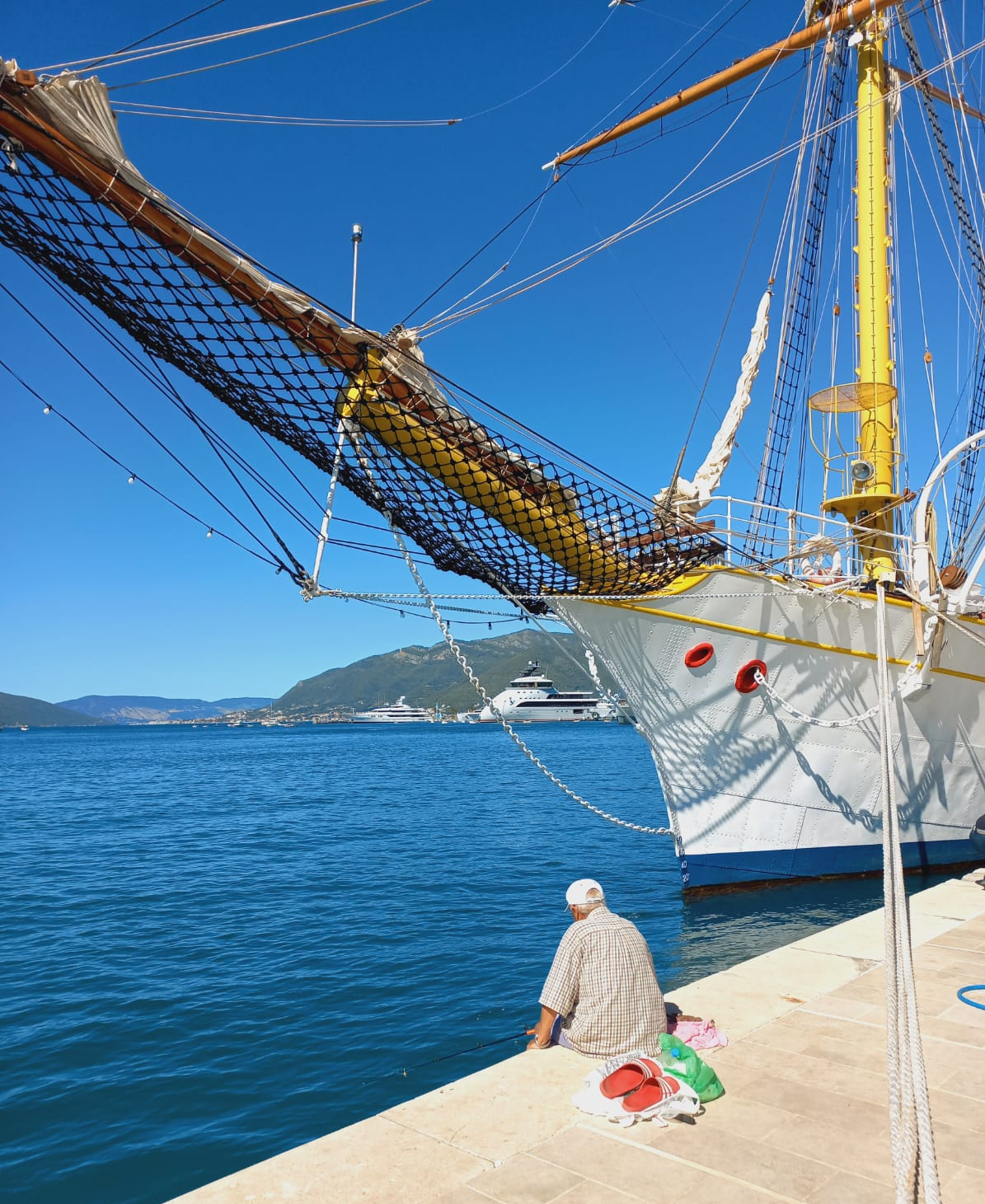
The Jugo wind: The Southern Mood Maker
Totally opposite of Bura, Jugo is a warm, damp wind that blows from the south, bringing rain and often a dreary atmosphere. It’s hard to predict for how long it will last, leaving people in despair, hoping for its end with eyes glued to the sky.
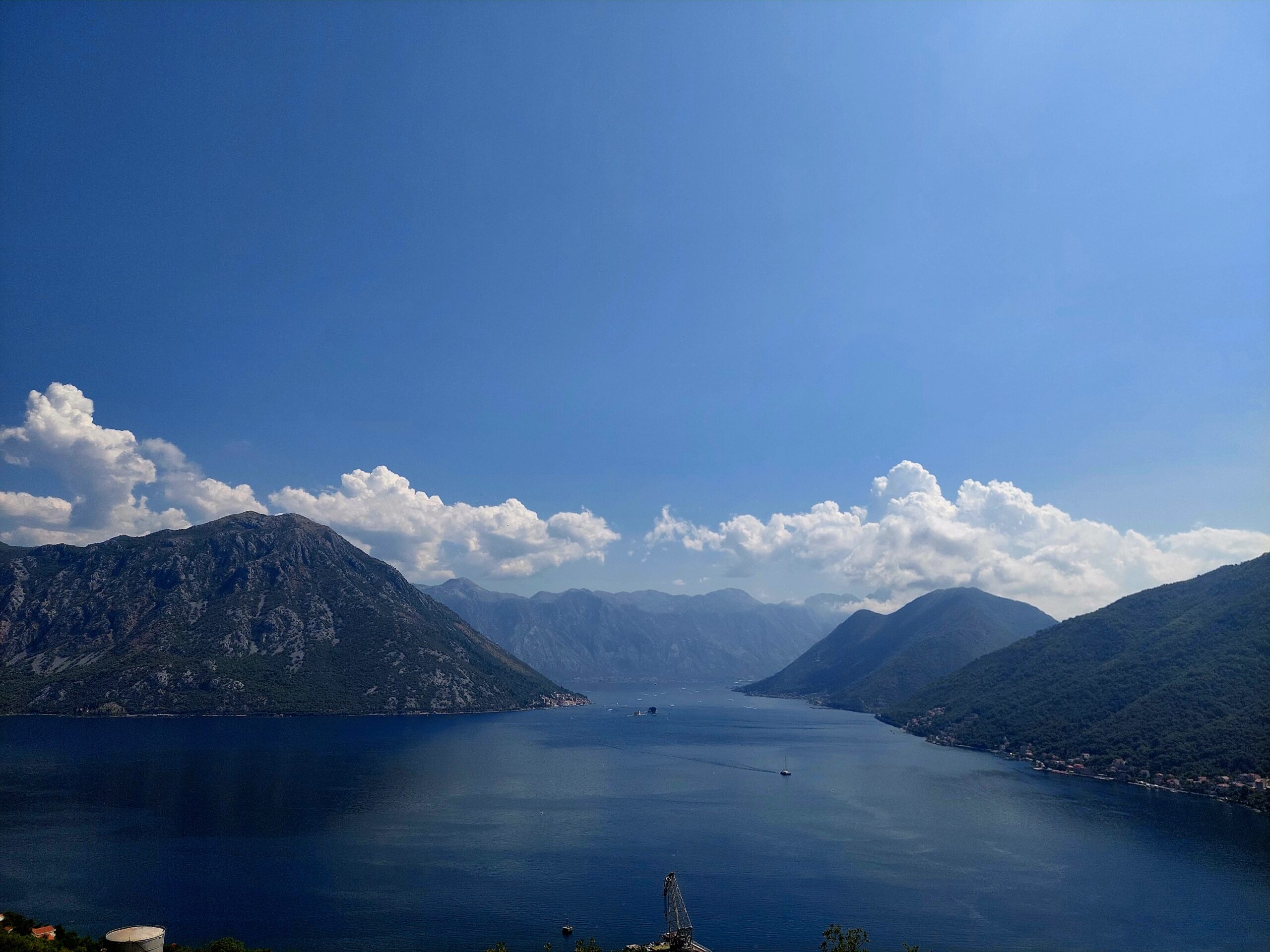
It’s widely believed that Jugo effects people’s moods, making them feel tired, irritable or lazy.
Past joint injuries reminding of your age along each step taken.
Many locals around Adriatic sea joke that it’s best to sleep through jugo days (južina) – perhaps with a good reason! Maybe that’s way there are not many stories and legends related to Jugo!
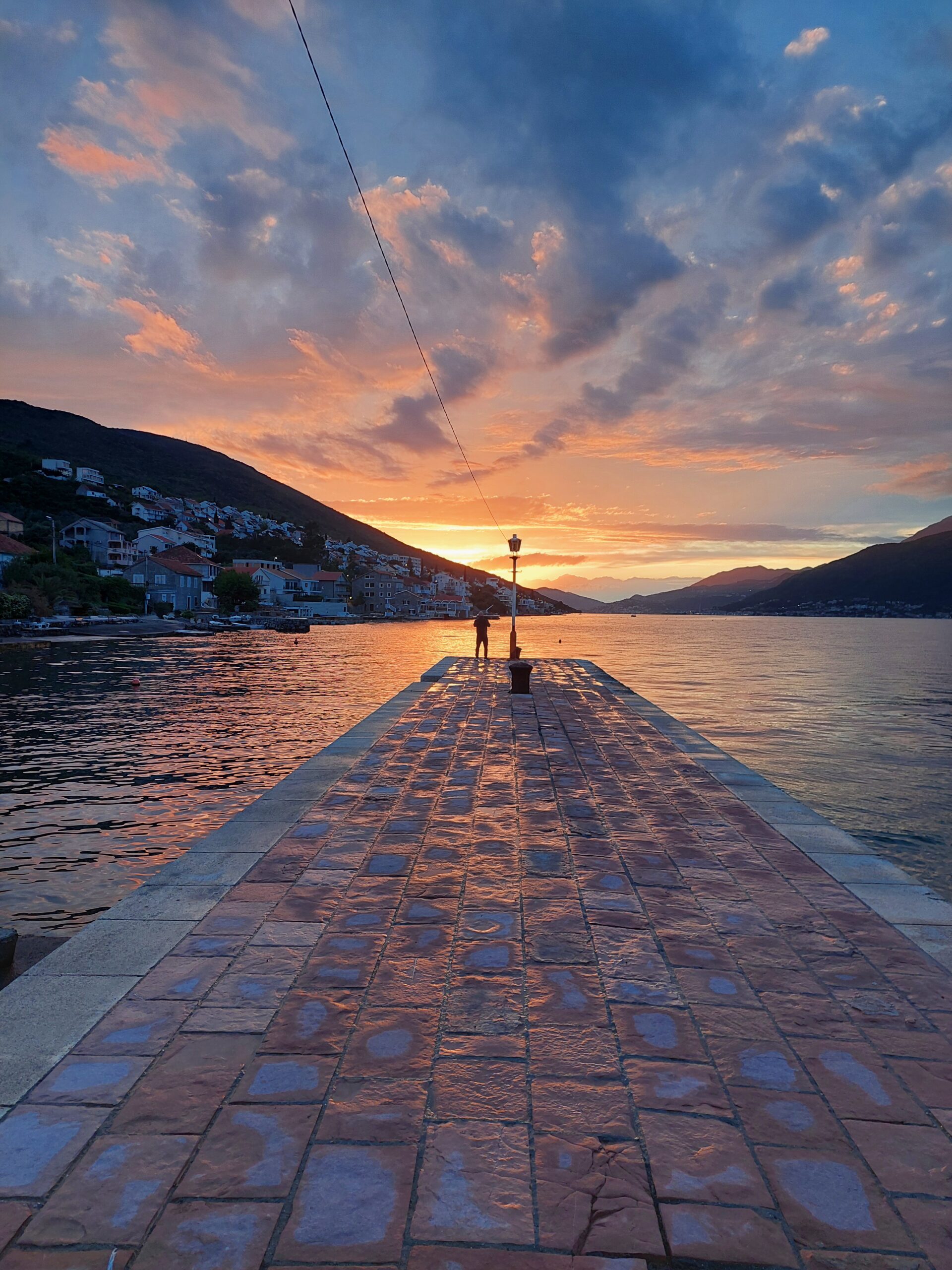
Fjaka: The Art of Doing Absolutely Nothing
And then, there’s fjaka, the Adriatic way of relaxation. Fjaka is about of embracing the moment of sunny hot days, a complete mental and physical break from absolutely everything and everyone.
There is no urgency, no stress, just a pure relaxation. It should not be mixed with a laziness, as it is more a state of mind saying “Do nothing, relax and forget about the rest of the world .”
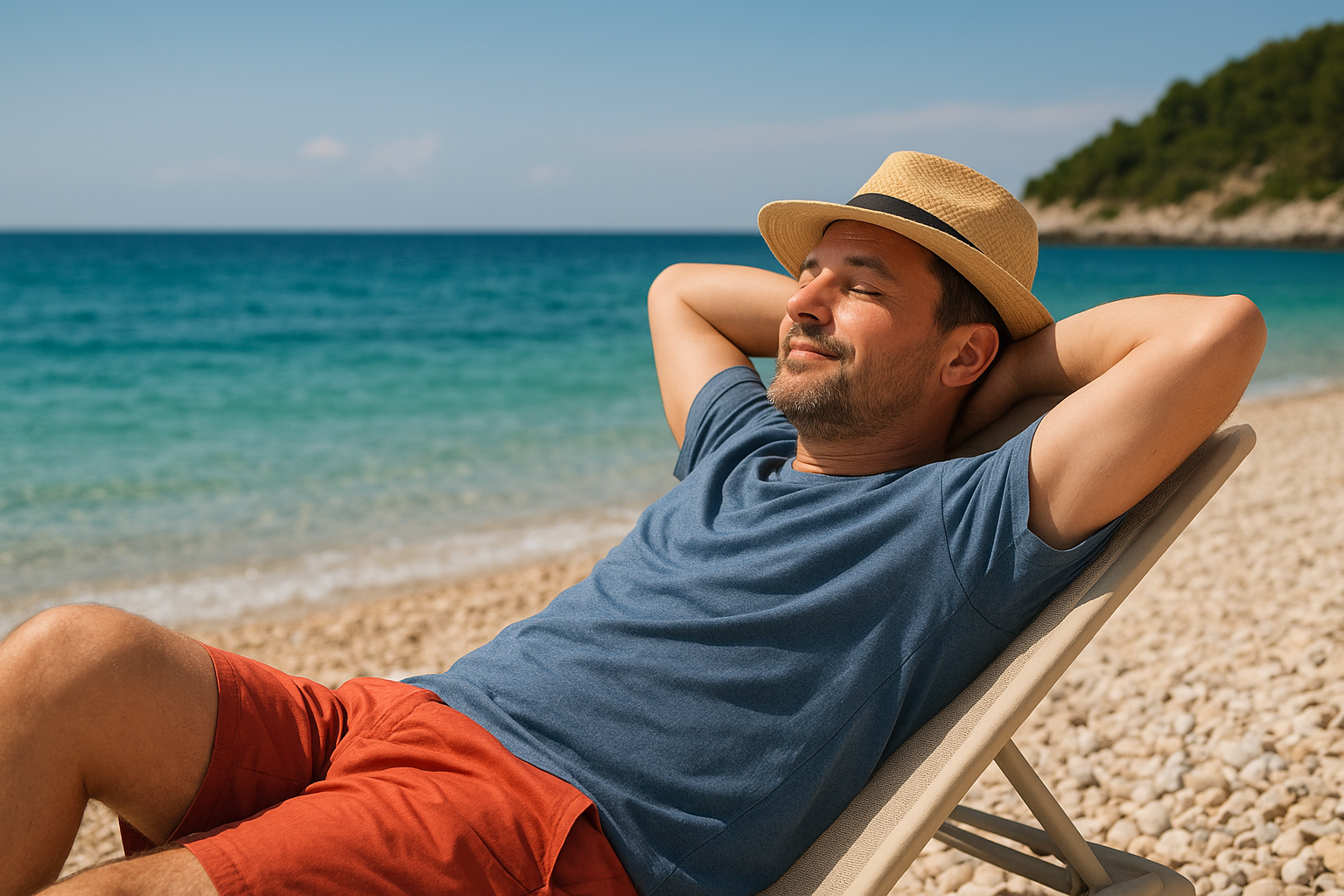
Together, bura, jugo, and fjaka create a unique rhythm in Adriatic region.
Bura clears the mind, jugo makes you slow, and fjaka offers an escape from it all.
So, next time you plan to come to visit Adriatic sea area pay attention to the winds and enjoy your own fjaka!
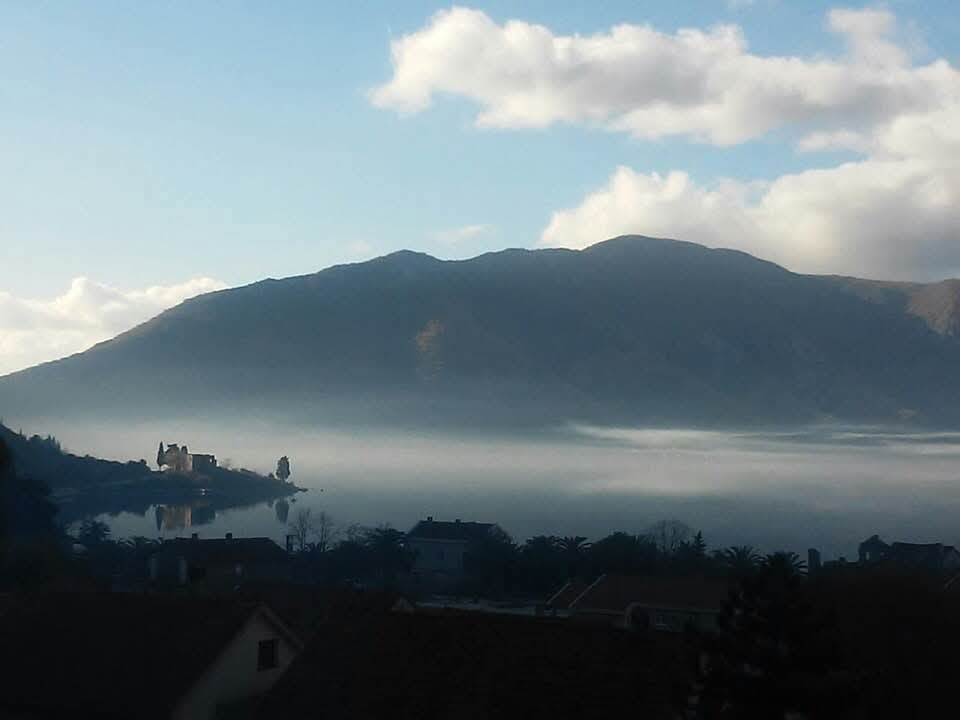
Silvana Ivandic-Määttä (Nana)
nana@totheoceans.com
See also:
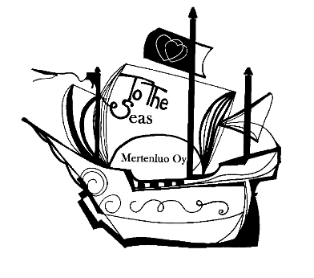
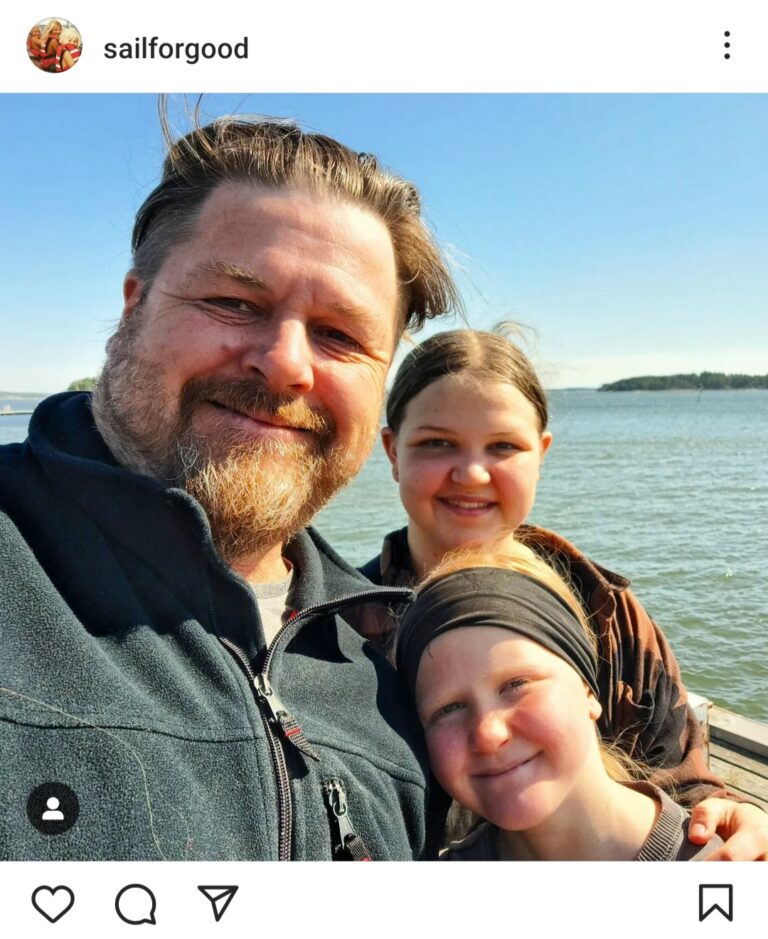
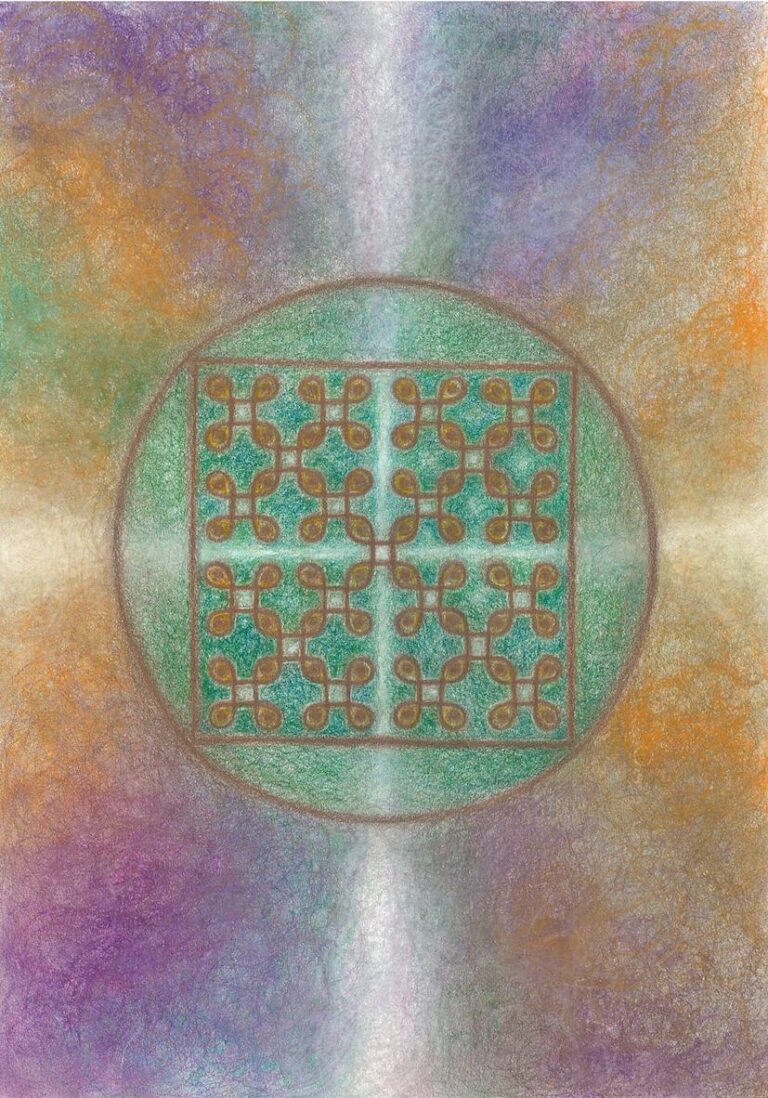
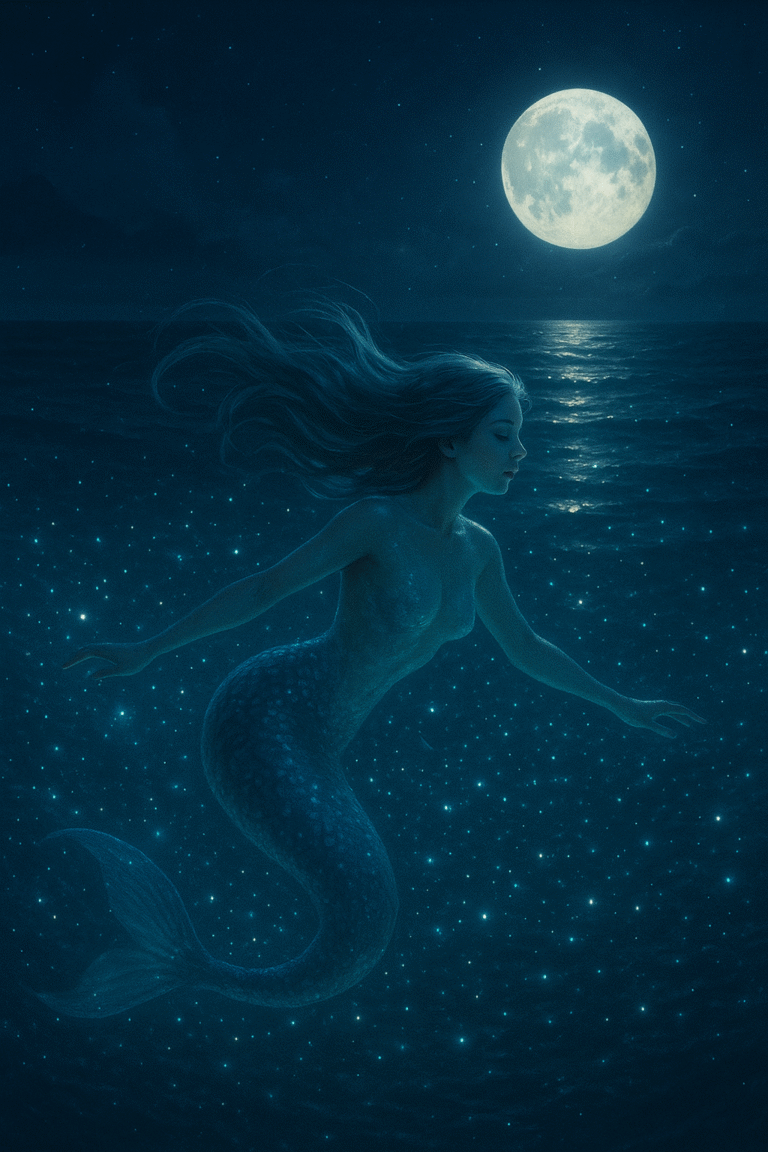
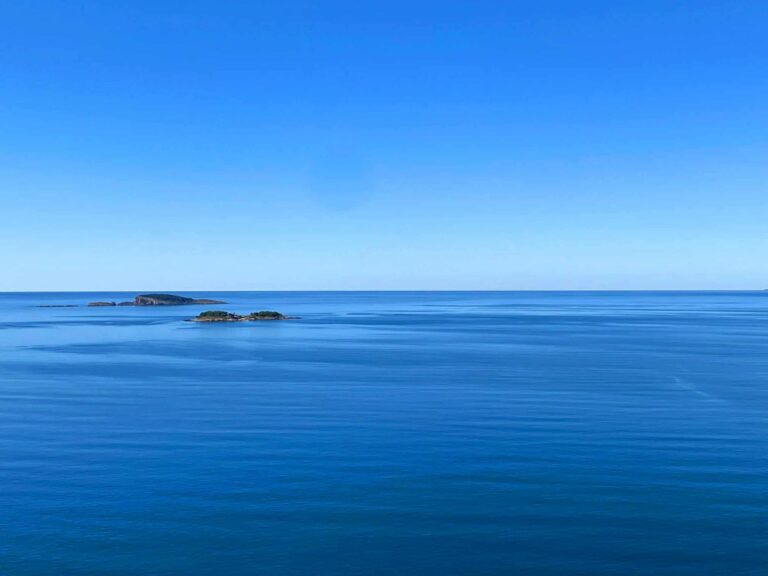


Another interesting blog by Nana, next time you are in Montenegro and the wind is blowing, think of this and relax.
I experienced the Bura last time I was in Montenegro, fortunately it wasn’t blowing at 220km an hour! Thanks for another fascinating insight into the Adriatic way of life.